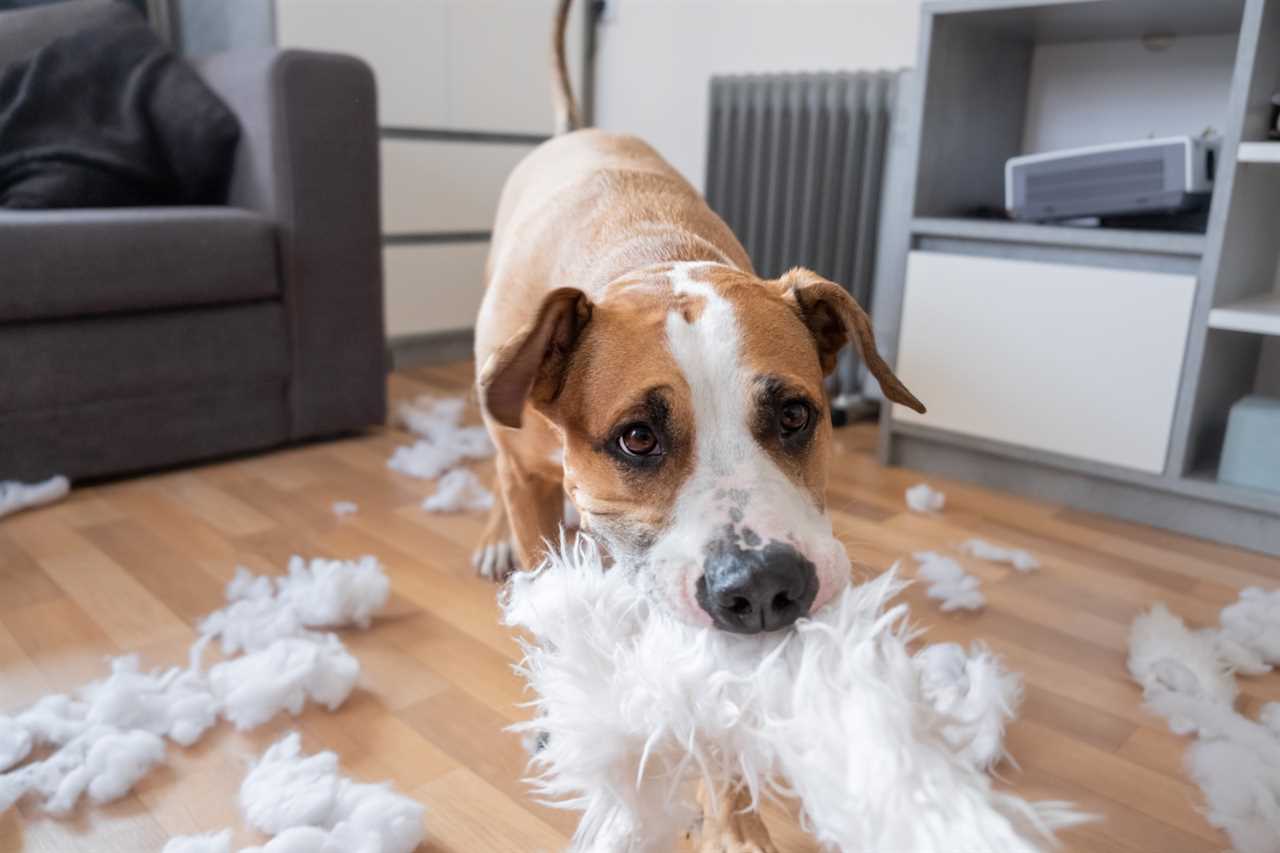
Apartment living presents unique challenges for pet owners. Space is limited, noise can be an issue, and some animals simply aren’t suited for the close quarters of apartment life. However, this doesn’t mean you must sacrifice the joy of pet ownership. Choosing the right pets for small apartments requires careful consideration.
This guide will explore 13 pets that might not be the best fit for smaller spaces, offering insights into their needs and temperaments. Whether you’re a seasoned apartment dweller or considering moving to a cozier abode, understanding which pets to avoid in small apartments can save you and your furry (or not-so-furry) friend a lot of trouble. This article will highlight pets unsuitable for apartments and suggest alternative apartment-friendly pets that could better match your lifestyle.
1. Huskies and Other High-Energy Dogs
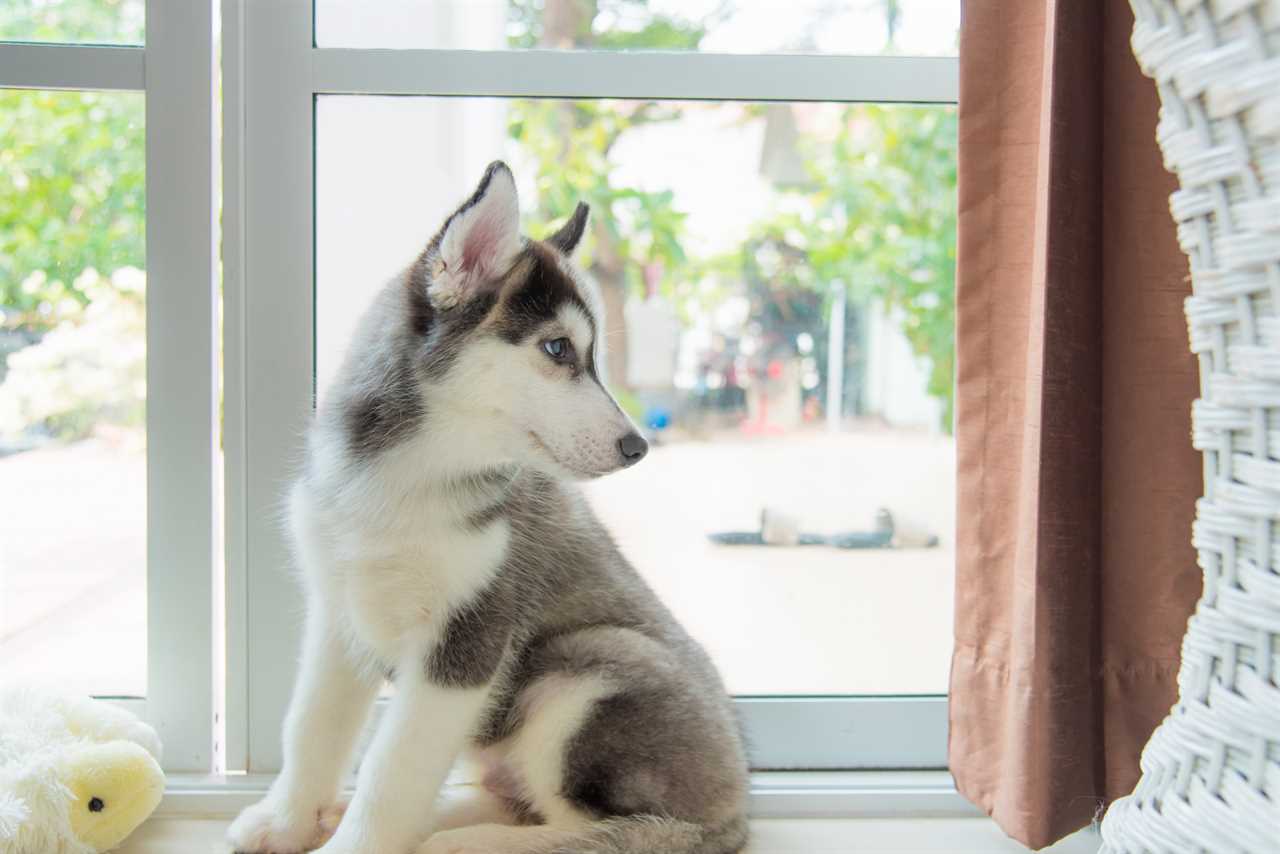
While undeniably beautiful and intelligent, Huskies and similar high-energy breeds are notorious for their boundless energy and need for extensive exercise. These high-maintenance apartment pets thrive in wide-open spaces where they can run and explore to their heart’s content. In a small apartment, their pent-up energy can lead to destructive behaviors, excessive barking, and general unhappiness for both the dog and its owner.
Imagine a Husky cooped up in a tiny apartment all day with nowhere to run or play. They’ll get bored and frustrated, leading them to chew on furniture, howl incessantly, or even try to escape. These dogs need a lot of physical activity to stay healthy and happy. If you live in an apartment and don’t have the time or space to provide that, a Husky might not be the best pet for your apartment.
2. Large Dog Breeds
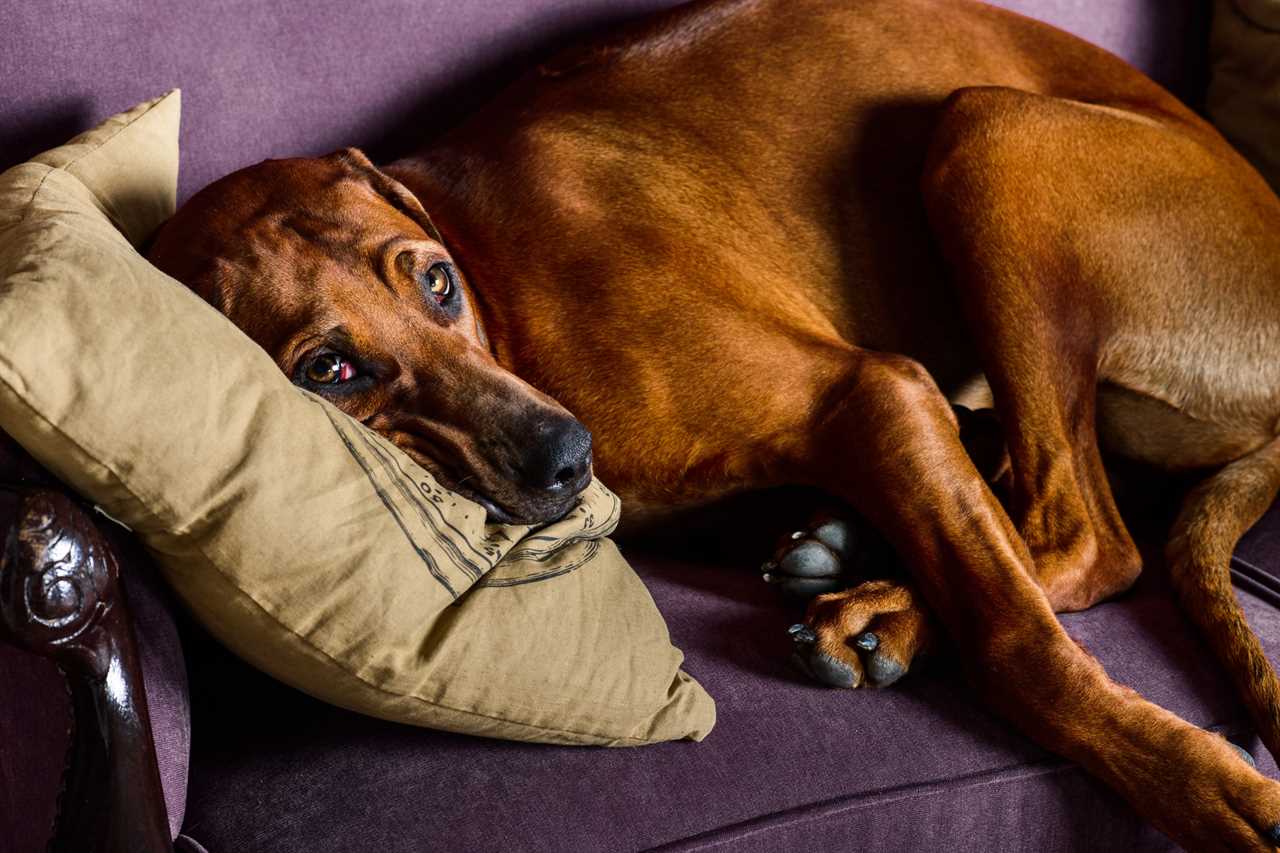
Large dog breeds, such as Great Danes, Mastiffs, and Saint Bernards, may seem like gentle giants, but their size alone makes them ill-suited to be among pets for small apartments. They require ample space to move around comfortably and can easily knock over furniture or belongings in tight quarters. Additionally, their sheer size can make it difficult to navigate narrow hallways and stairwells. Consider small apartment pets or breeds known for their lower energy levels if you have your heart set on a canine companion.
Think about how much space a Great Dane needs to stretch out or turn around. In a small apartment, they would constantly bump into things and feel cramped. Plus, their long tails could easily sweep objects off tables or counters. While large dogs can be wonderful companions, they’re simply not the most practical choice for those living in smaller spaces. Choosing a pet for a small apartment better suited for a more compact environment is best.
3. Exotic Pets
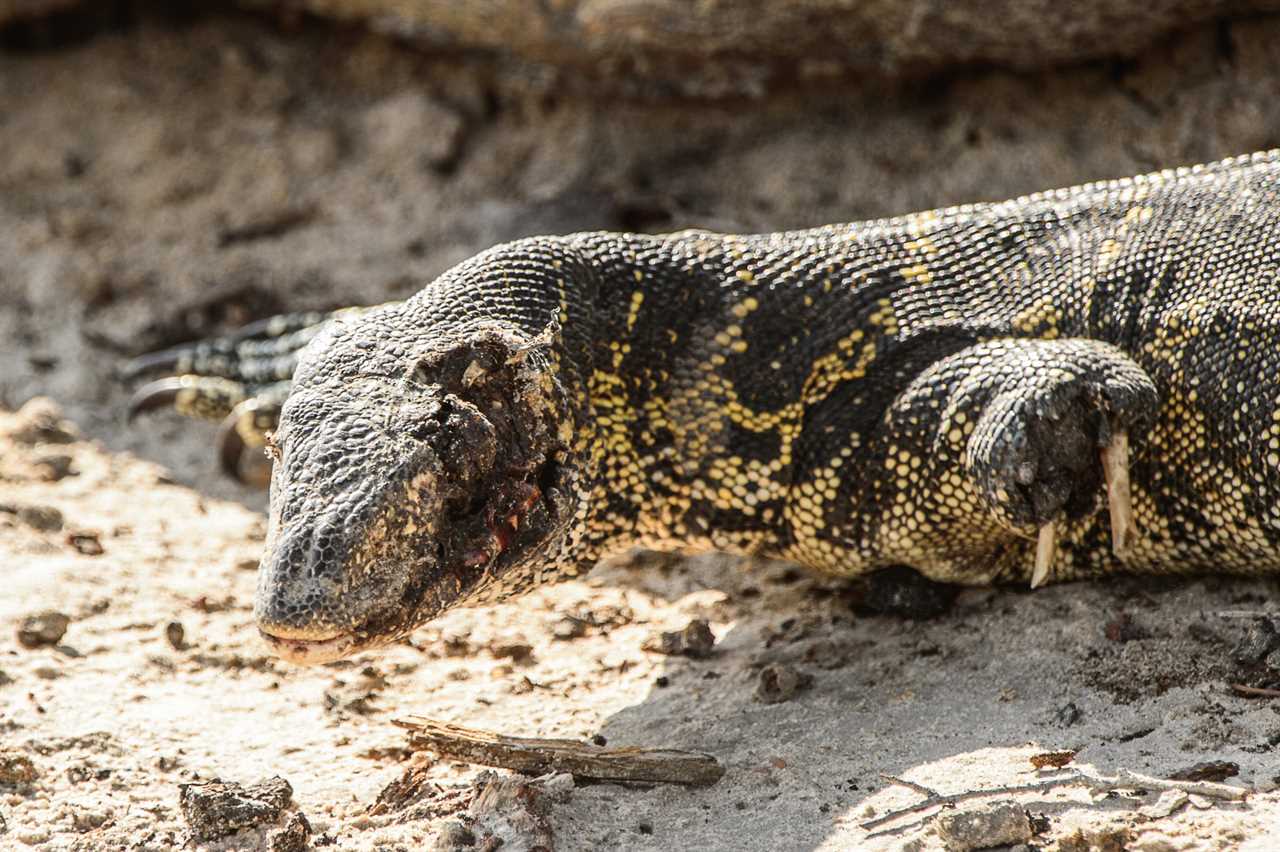
Exotic pets, such as monkeys, snakes, and large lizards, might seem like intriguing additions to your apartment, but they often come with a host of challenges. Many exotic pets require specialized care, specific diets, and controlled environments that are difficult to maintain in an apartment setting. Moreover, some exotic pets can pose safety risks due to their unpredictable behavior or potential to carry diseases. It’s best to stick with pets that are good for apartments and leave the exotic creatures in zoos and wildlife sanctuaries.
For instance, a monkey might seem like a fun and unique pet, but they need a lot of space to swing and climb, and their natural curiosity can lead them to destroy your belongings. Snakes and lizards often need special heating and lighting to stay healthy, and some can grow quite large, making them difficult to house in an apartment. Choosing pets for apartments that are easier to care for and less likely to cause trouble is a wiser choice.
4. Ferrets
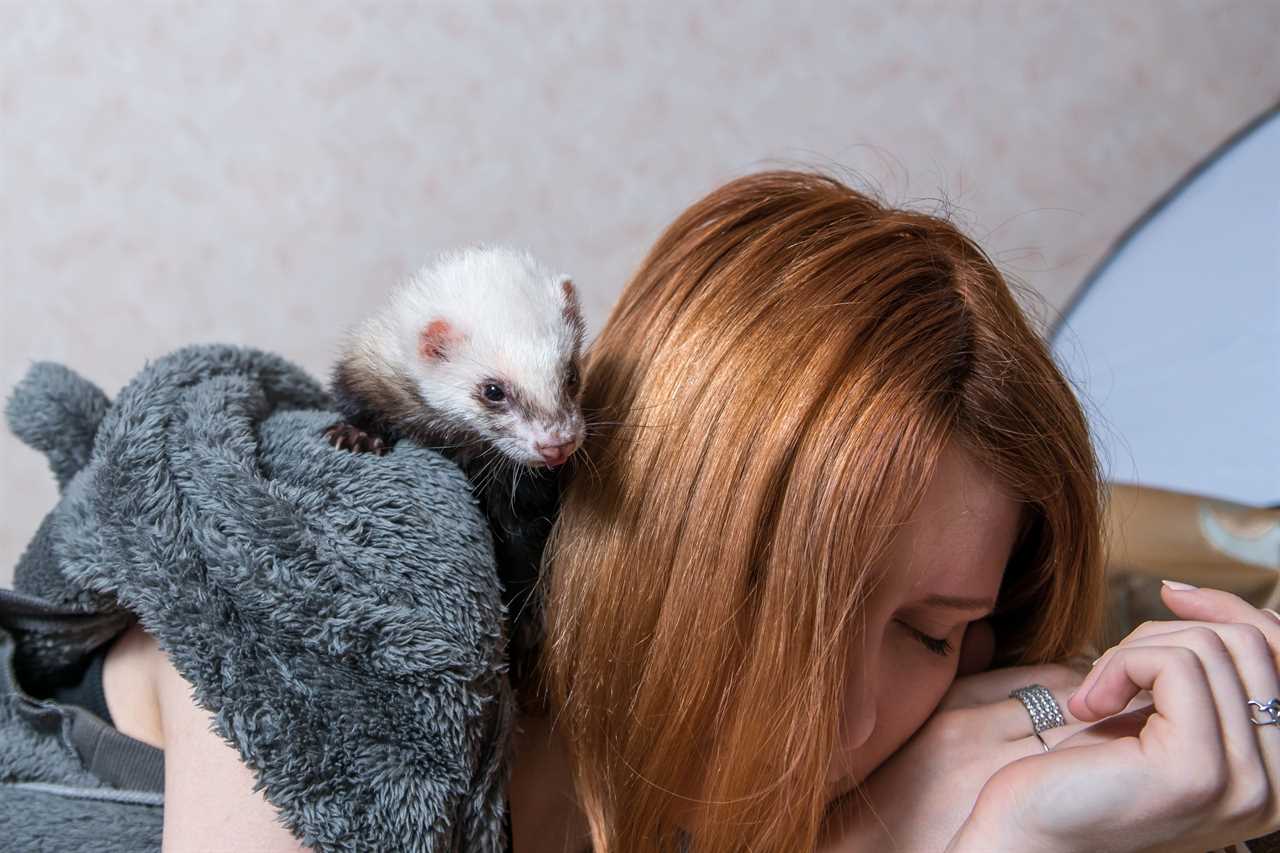
Ferrets are playful and curious creatures, but their mischievous nature and tendency to escape can make them a handful in an apartment. They require constant supervision and a ferret-proofed environment to prevent them from getting into trouble. Ferrets also have a distinct musky odor that can be difficult to manage in a small space. If you’re looking for a low-maintenance apartment pet, ferrets might not be the best choice.
Ferrets are known for their ability to squeeze into tiny spaces and get into things they shouldn’t. They might chew on electrical cords, burrow into furniture, or even escape from their cage and explore your apartment unsupervised. This can be dangerous for both the ferret and your belongings. Their strong odor, which can permeate fabrics and furniture, is another factor to consider when choosing pets for apartments.
5. Birds That Love to Squawk
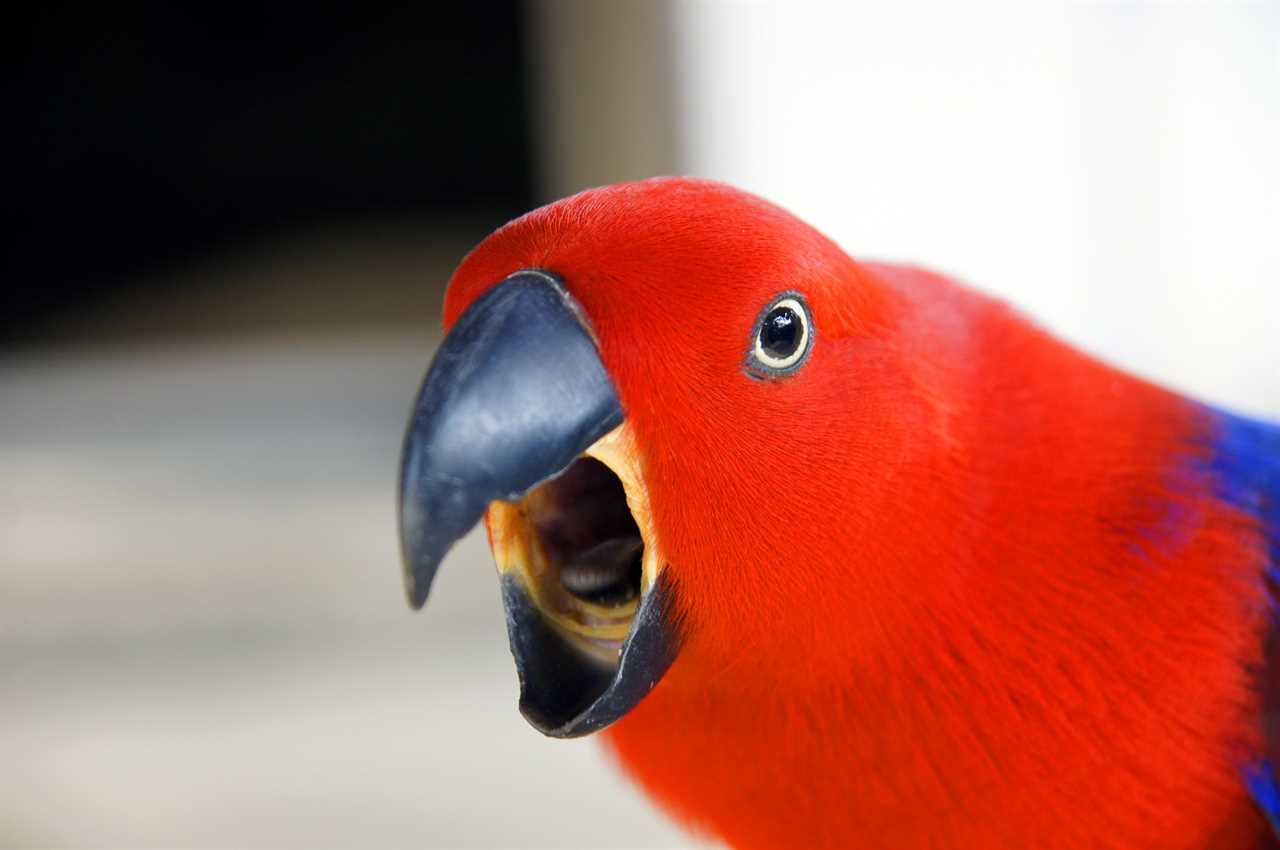
While some bird species are known for their quiet and gentle nature, others, such as parrots and cockatoos, are notorious for their loud squawking and vocalizations. In an apartment building with shared walls, these noisy birds can quickly become a nuisance to neighbors. If you’re considering a feathered friend, opt for quiet pets like finches or canaries for apartments.
Imagine waking up to the sound of a parrot screeching at the top of its lungs or trying to relax while a cockatoo mimics every sound it hears. These noisy birds can disrupt your neighbors and create tension in an apartment where sounds travel easily. Choosing quieter bird species or other pets for apartments that are less likely to disturb others is a considerate and responsible choice.
6. Potbellied Pigs
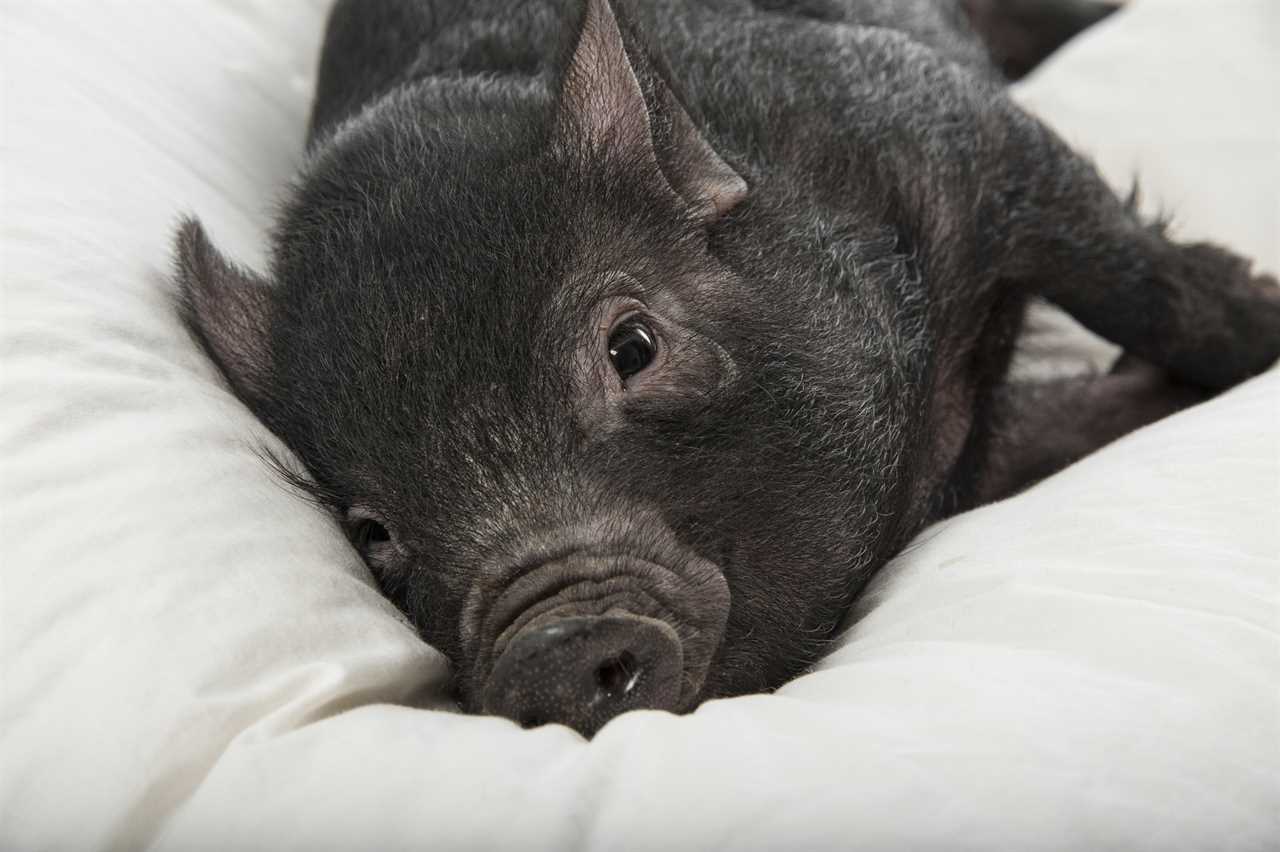
Potbellied pigs might seem like adorable and unconventional pets, but they can grow surprisingly large and require significant space. This is why they’re not ideal candidates to be pets for small apartments. They are also intelligent animals that need mental stimulation and enrichment to prevent boredom and destructive behavior. While some potbellied pigs can be trained to use a litter box, accidents are common, especially in smaller spaces. If you’re looking for easy-to-care-for apartment pets, a potbellied pig might not be the best fit.
Imagine a full-grown potbellied pig trying to navigate a cramped apartment, knocking over furniture and leaving a trail of messes in its wake. These pigs need room to roam and explore, as well as activities to keep their minds engaged. Without proper care and attention, they can become destructive and difficult to manage. Their size and potential for accidents make them less suitable for apartment living compared to other pets for apartments.
7. Sugar Gliders
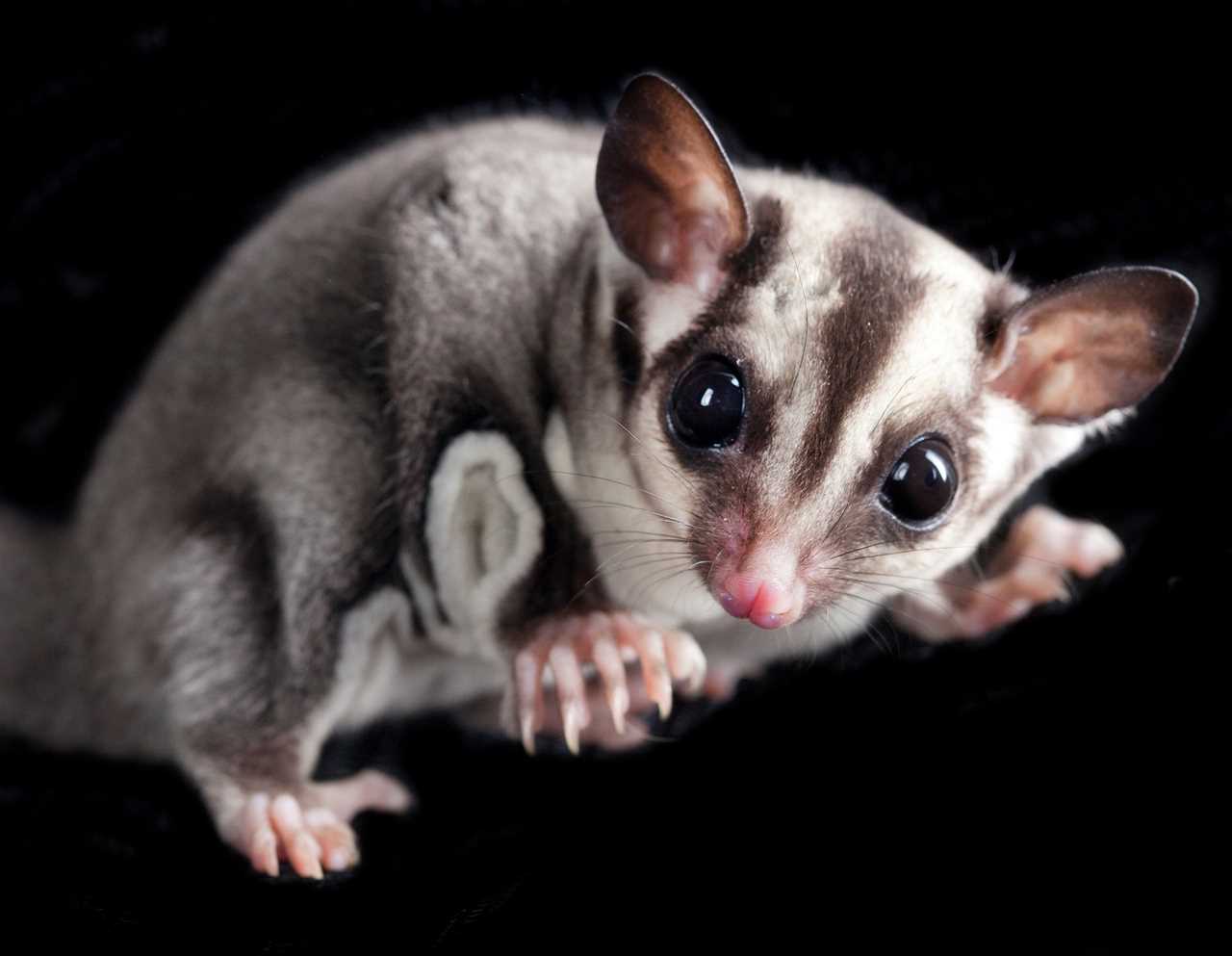
Sugar gliders are small, nocturnal marsupials that are native to Australia and Indonesia. While they are undeniably cute, their nocturnal nature and need for specialized care make them a challenging pet for apartments. Sugar gliders are social animals that require companionship and a spacious enclosure with plenty of climbing opportunities. They also have a strong odor that can be difficult to manage in a confined space.
Sugar gliders are active at night, which means they’ll be running, jumping, and making noise while you’re trying to sleep. Their enclosure needs to be large enough to accommodate their active lifestyle, and they need a special diet to stay healthy. Their strong, musky odor can be overwhelming in a small apartment, making them less desirable as pets for small apartments.
8. Chinchillas
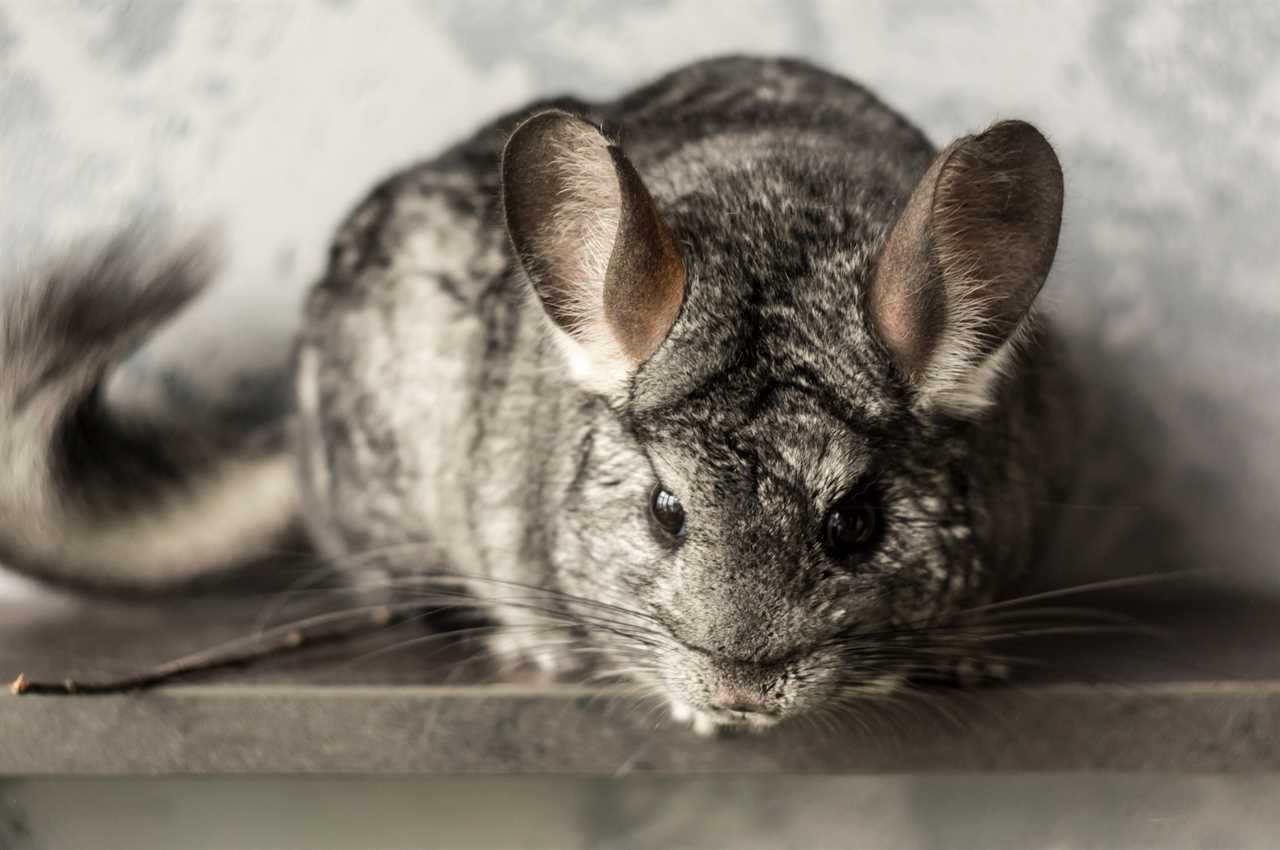
Chinchillas are adorable rodents known for their soft fur and playful personalities. However, their specific needs and sensitivity to temperature fluctuations make them a less-than-ideal pets for apartments. Chinchillas require a cool and dry environment to prevent heatstroke, and their dust baths can create a mess in a small space.
Imagine trying to keep your apartment cool enough for a chinchilla while still maintaining a comfortable temperature for yourself. Their thick fur makes them prone to overheating, so air conditioning is often necessary. Their dust baths, which are essential for their coat health, can leave a fine layer of dust on furniture and floors. While they can be charming pets, their specific needs make them a less convenient choice for apartment living compared to other small apartment pets.
9. Large Reptiles
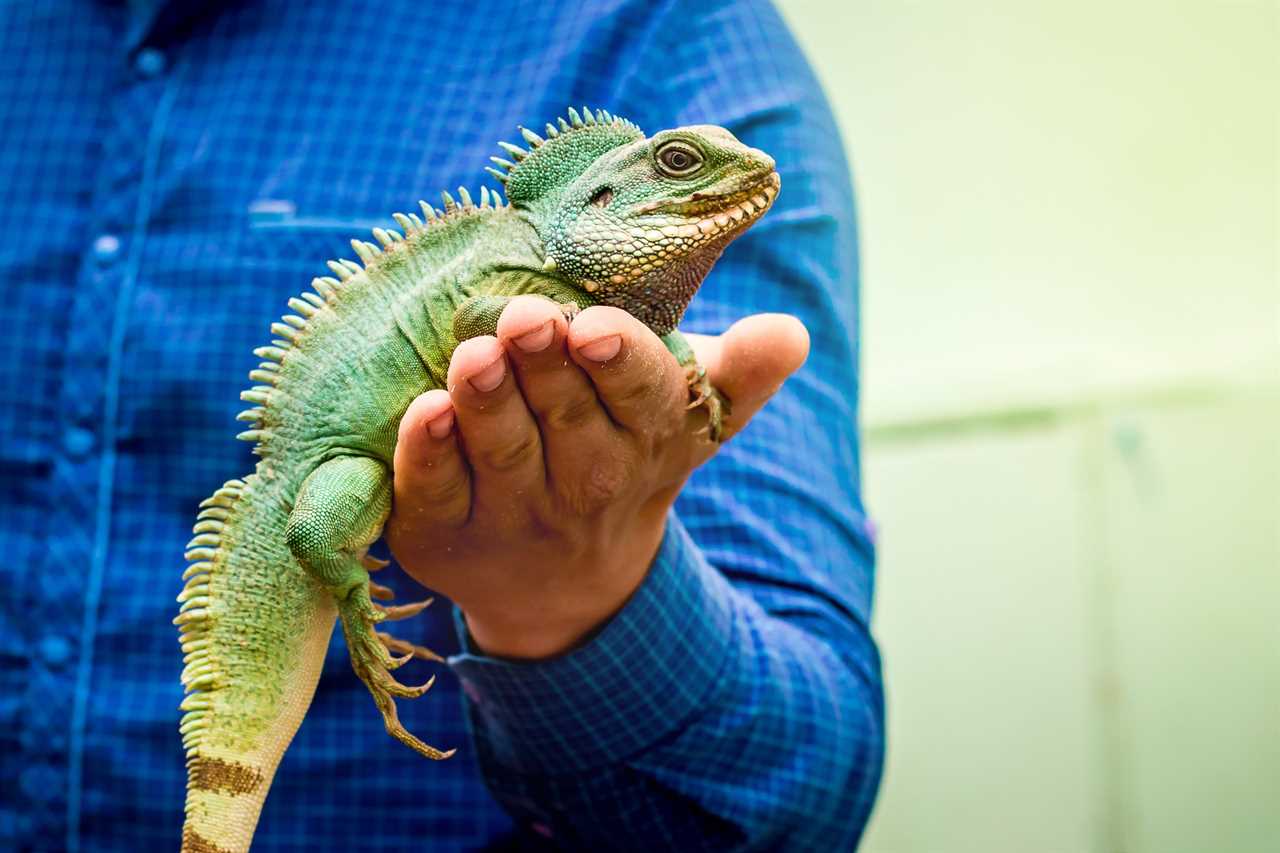
Large reptiles, such as iguanas, monitors, and boas, might seem like fascinating pets, but their size and specialized care requirements make them unsuitable for most apartments. These creatures need large enclosures with controlled temperature and humidity levels to thrive. They can also be dangerous if not handled properly, making them a risky choice for apartment living.
Picture a full-grown iguana roaming freely in your apartment. It would need a massive enclosure to move around comfortably, and maintaining the right temperature and humidity levels would be a constant challenge. Some large reptiles can also be aggressive or unpredictable, posing a risk to their owners and others. For these reasons, it’s best to choose pets for apartments that are smaller and easier to care for. If you have a large reptile pe that you can’t manage, it will be a sad reality to see it added to the list of some of the most misunderstood animals in the world.
10. Rodents That Chew…Everything
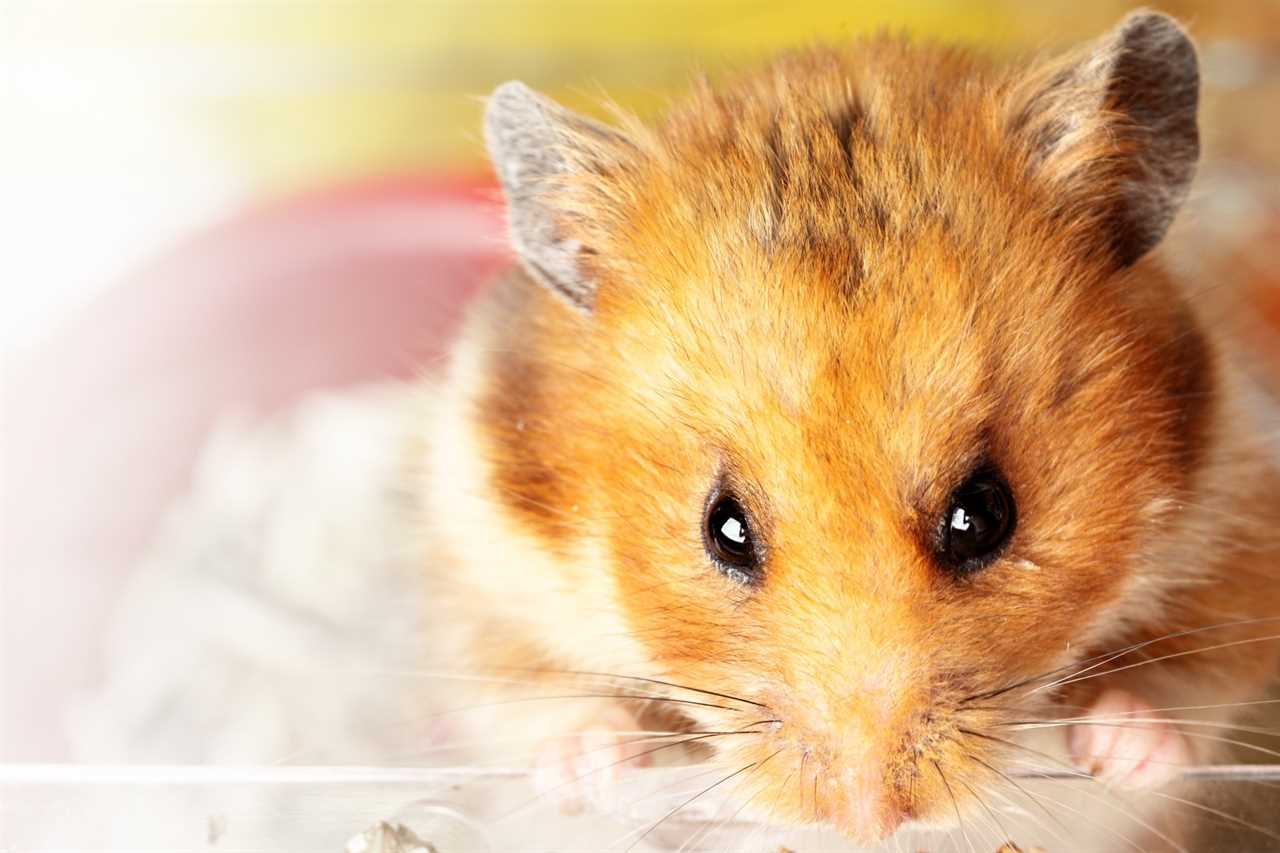
While some rodent species can make excellent pets for small apartments, others, like hamsters and gerbils, are notorious for their chewing habits. These little critters need constant access to chew toys and enrichment to prevent them from gnawing on furniture, electrical cords, and other household items. Their incessant chewing can be disruptive and even dangerous in an apartment setting.
Imagine coming home to find your furniture chewed up, your electrical cords frayed, or even a fire started by a gnawing rodent. While hamsters and gerbils can be cute and entertaining, their destructive chewing habits make them a less-than-ideal choice for apartment living. Opting for pets for apartments that are less likely to damage your belongings is a more practical decision.
11. Monkeys
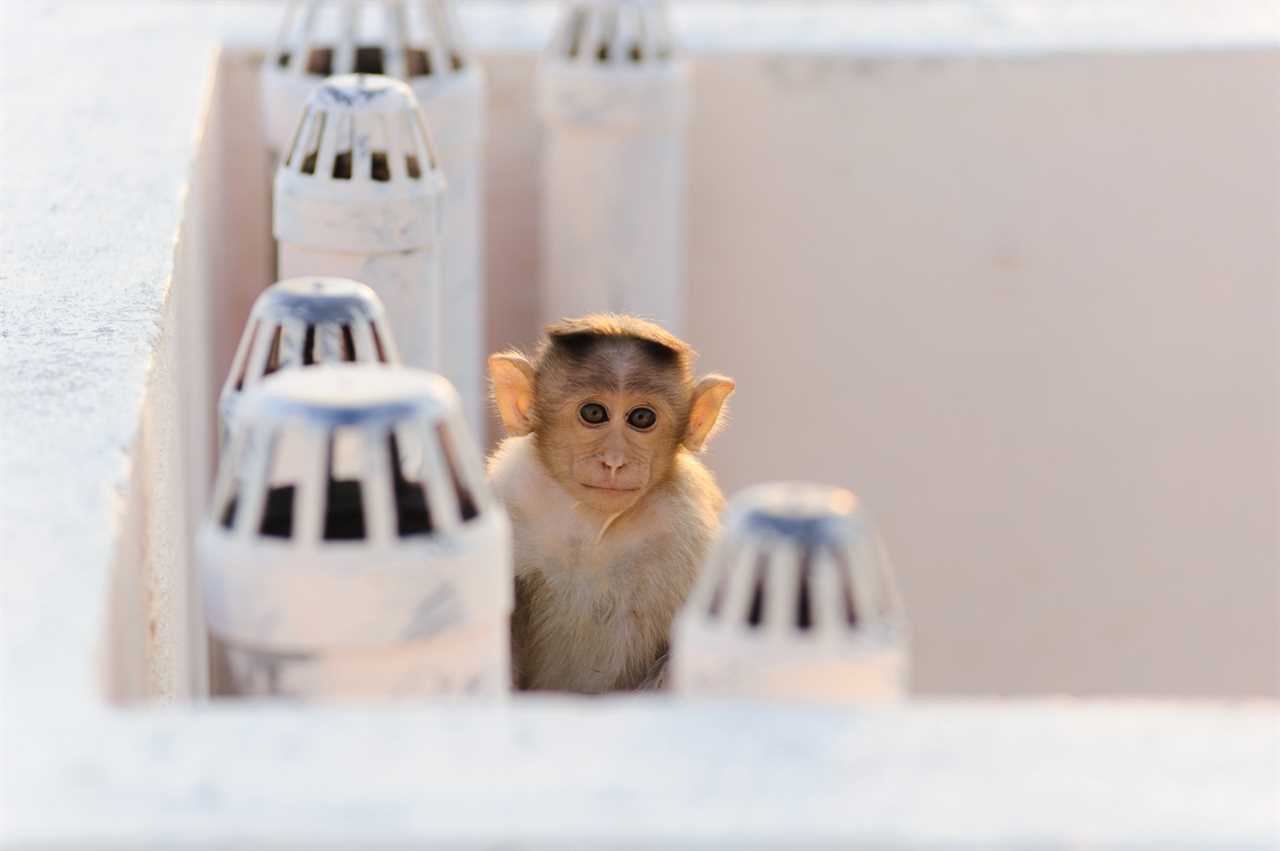
Monkeys are highly intelligent and social animals that require a complex and stimulating environment to thrive. Keeping a monkey as a pet is illegal in many areas due to concerns about public safety and animal welfare. Monkeys can be unpredictable and aggressive, posing a significant risk to both their owners and others. Moreover, their complex needs and destructive tendencies make them completely unsuitable for apartment living.
Imagine trying to provide a monkey with the space, enrichment, and social interaction it needs in a small apartment. It would be nearly impossible. Monkeys are naturally curious and active, and they need a lot of space to climb, swing, and explore. Their intelligence also means they get bored easily, which can lead to destructive behavior. In an apartment, this could mean tearing up furniture, throwing objects, and even injuring themselves or others.
12. Wolf Hybrids

Wolf hybrids are a mix of domestic dogs and wild wolves. While they might seem like exotic and intriguing pets, their unpredictable behavior and wild instincts make them dangerous and unsuitable for apartment living. Wolf hybrids require extensive training and socialization to manage their wild tendencies, and even then, they can be unpredictable and pose a risk to public safety.
Wolf hybrids are not like regular dogs. They have a strong prey drive and may see smaller pets or even children as potential targets. Their howling and digging instincts can also be disruptive in an apartment setting. While some wolf hybrids can be loving and loyal companions, their wild nature makes them a risky choice for apartment living, especially for inexperienced owners. If you need to think twice before getting a purebred dog, you might need to think thrice or more before getting a wolf hybrid.
13. Skunks
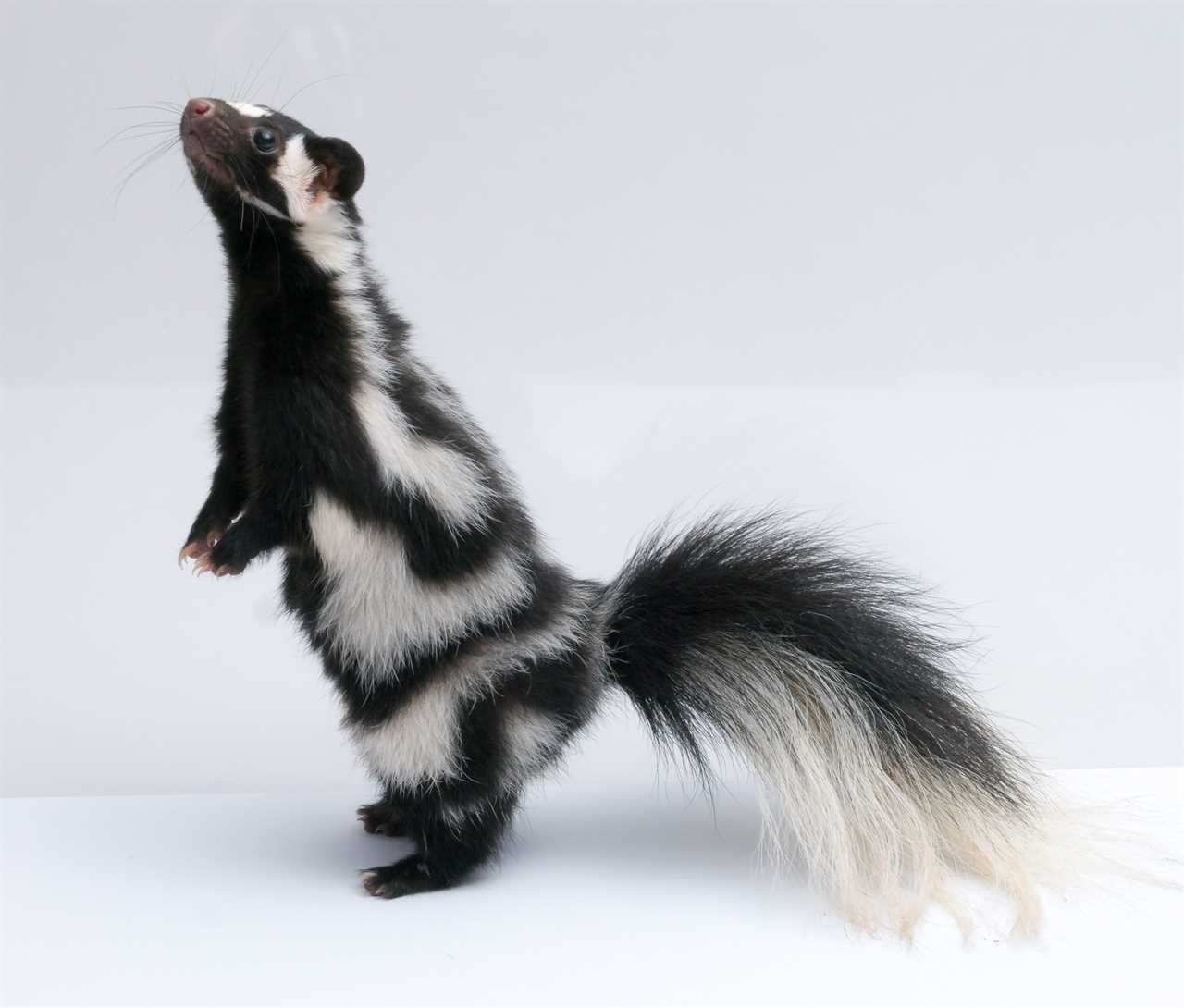
While skunks can be de-scented, their pungent odor and potential to spray make them a less-than-ideal choice for apartment living. Skunks are also nocturnal animals with specific dietary needs and a tendency to dig. Their natural behaviors can be disruptive in a small space and lead to conflicts with neighbors.
Even de-scented skunks can still release a musky odor, especially when they’re stressed or scared. Their spraying habits, while less pungent, can still be a nuisance in an apartment. Skunks are also active at night, which means they’ll be making noise while you’re trying to sleep. Their digging instincts can damage carpets and furniture, and their unique dietary needs can be challenging to meet in an apartment setting.
What Pets Are Good for Apartments?
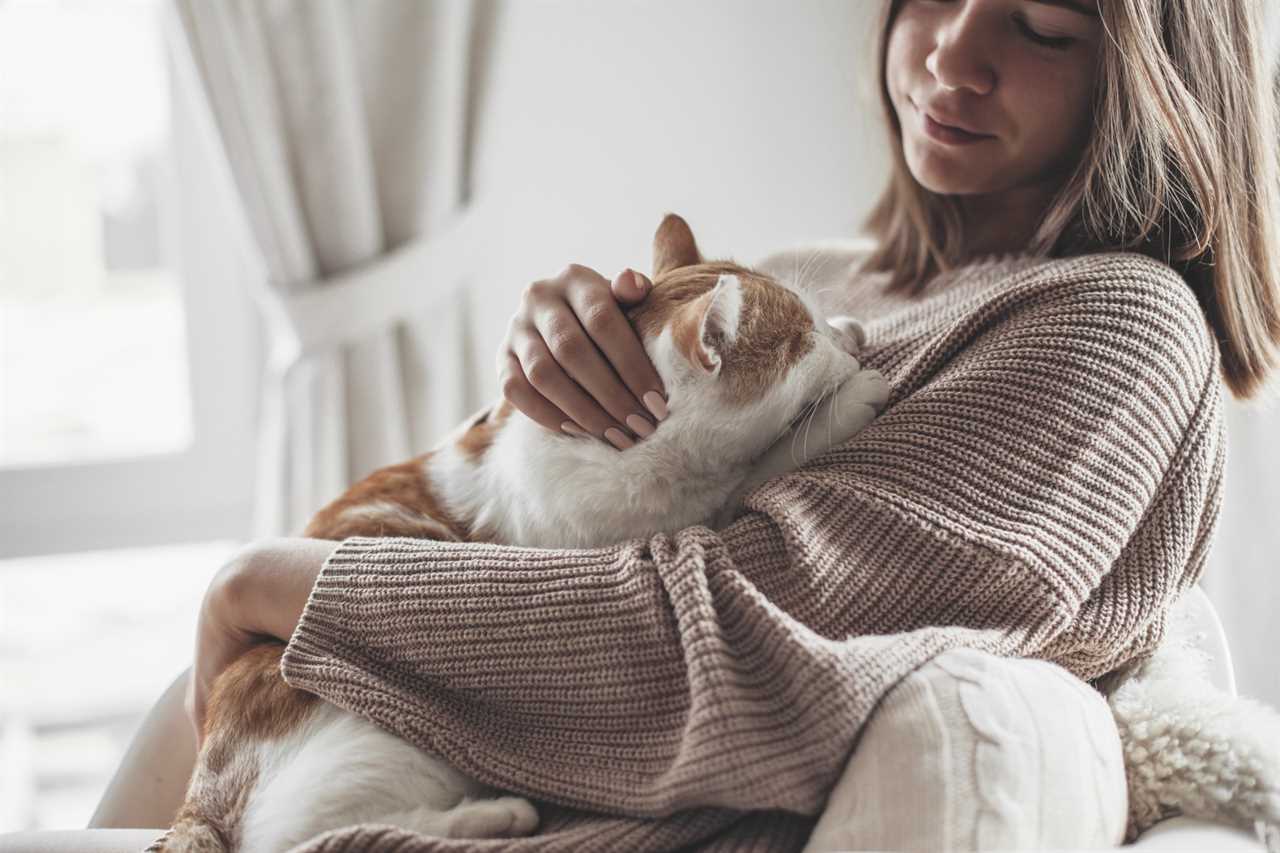
If you’re searching for the perfect pet to complement your apartment lifestyle, consider pets for small apartments like cats and small dogs. Cats are low-maintenance companions, content with simple necessities and a cozy spot to nap. Small dog breeds, such as Chihuahuas or French Bulldogs, are also well-suited for apartment living due to their compact size and lower energy requirements.
Other options for pets for apartments include fish, which can add tranquility to your space with minimal care, and small rodents like gerbils or mice, who can provide entertainment and companionship in a smaller environment. Remember, the ideal pet for your apartment is one that matches your lifestyle and living space.
What are your favorite pets for small apartments? Share your experiences and tips in the comments below!
|||-------------------------------------
By: Randell Suba
Title: 13 Pets That You’ll Struggle to Keep in an Apartment
Sourced From: www.dinksfinance.com/2024/06/13-pets-that-youll-struggle-to-keep-in-an-apartment/
Published Date: Mon, 10 Jun 2024 11:15:53 +0000






